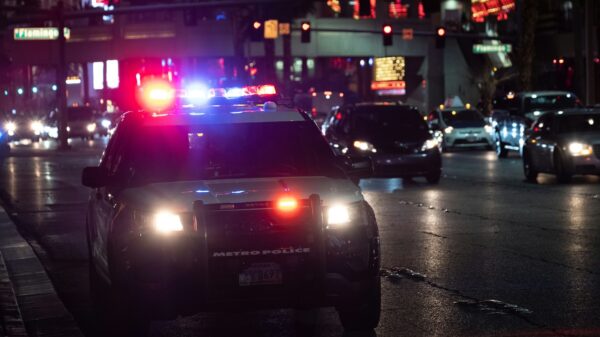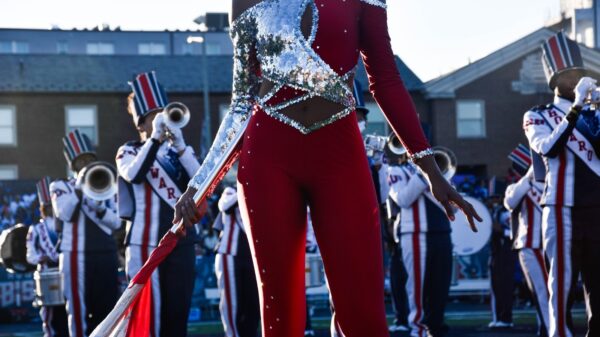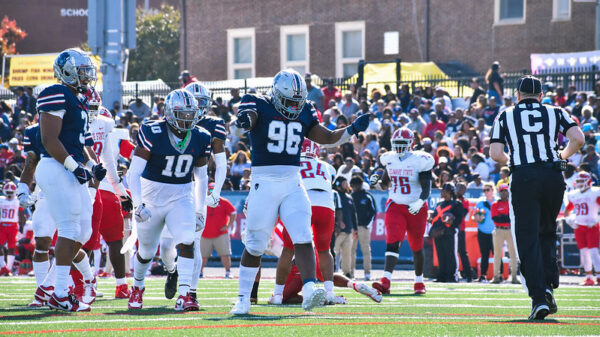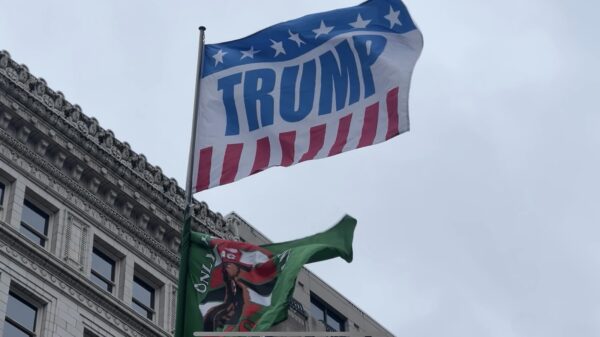By David DePriest, Columnist
Posted 2:45 AM EST, Sat., March 4, 2017
Moonlight is a masterpiece. There’s no doubting that. Yet despite being one of the best film of the year, no one expected it to win Best Picture at the Oscars last Sunday. Many said it was too artsy and experimental, too unapologetically queer, to unrelentingly black to garner the widespread support of a stuffy room of old white men. But the nature and structure of the Academy has changed, and its change belies one of the greatest achievements of the Black Lives Matter and #OscarsSoWhite movement.
The Academy as it existed in 2015 was staid and archaic. The membership, largely old and white, voted reliably for the most self-important films that it came across. Films that valorized Hollywood like The King’s Speech, Argo, and The Artist routinely won the Oscar for Best Picture, much to the detriment of capital-A Art films that emphasized singular (usually non-white) experiences. Beasts of the Southern Wild, a film about black people in the post-hurricane Louisiana bayou, Precious, about a black teenager escaping abuse, and Selma, about the late Dr. Martin Luther King’s organizing in the titular city, were all lucky enough just to get nominated, and their likelihood of taking home the big prize fell to near zero when presented to the monolithic Oscar voters.
Before we continue to look at the post-2015 changes, it’s important to understand how Oscar voting was structured. Previously, the only people eligible to vote for who gets nominated for an Oscar are people who have themselves been nominated or won Oscars. The Academy only made special exceptions to this rule for older industry veterans who’d been deemed as having made worthwhile contributions to film over the course of their careers. This had the effect of creating an insular group of white Hollywood elites who were quick to embrace the works of their friends and family, but not the equally valid works of outsiders or minorities. Simply put, a small group of moneyed white elites were in charge of nominating people, so the people nominated were moneyed white elites.
The winner in the major categories would be the movie that won a simple majority of the votes, so all a movie needed to win was a small but vocal collective of insiders. A film like Forrest Gump, whose producers were all well-connected industry insiders, only needed about 25% of the Academy to vote for it in order for it to triumph over a better, but more niche, film like The Shawshank Redemption. Same for a film like Shakespeare in Love, which despite being largely panned by many critics, had legendary insider Harvey Weinstein as a producer and enough appeal to white voters who were skeptical of a prison film with a black lead (even if that lead is Morgan Freeman).
But all this was changed in 2016. The newly elected president of the Academy, Cheryl Boone Issacs, made a point of increasing minority representation in the Academy. She herself is the first Black president of the Academy, and her election was fraught with racial tensions. In addition to her own racial reckoning, her election coincided with the explosion of the #OscarsSoWhite movement, which ultimately resulted in two of the lowest rated Oscars telecasts in history. In response to both these circumstances, Issacs changed the mechanism by which the Best Picture was chosen. Instead of straight majority voting, a run-off system was instituted that forced Academy voters to recast their votes for the top two vote getters after an initial round of voting, forcing Academy voters to view films that they otherwise would have ignored. Films like Moonlight or Lion. In addition to this, Issacs also issued a directive that added 683 new people to the Academy, the largest single enrollment in its history. Most of the new entrants were people of color. Major figures like Idris Elba, Mary J. Blige, and John Boyega were added as voting members of the Academy.
The results of this influx of black and brown voters can be felt in this year’s nominations and winners. More black-led films were nominated for Best Picture this year than in any other year in the Academy’s history (4 of the 9 Best Picture nominees starred people of color). When all was said and done, more black people collectively won Oscars than any other year in history (the record was 3 people, so let’s not get too self-congratulatory here). People of color were represented in many of the technical categories for the first time (Howard’s own Bradford Young made history by being only the second black person ever nominated for Best Cinematographer). And, at the end of it all, an artsy character study about gay black men won Best Picture over revisionist Hollywood history, a sappy Oscar bait family drama, and a paint-by-numbers war film.
It still stands to be seen if Issacs’ reforms continue to produce more diverse sets of nominees. But so far, the results are enough to shock even the most stalwart industry watchers. And as long as films like Moonlight have a chance of beating the odds based purely on their merits, the Oscars may yet have a chance of being the zeitgeist-channeling cultural force that it once was in white America.



















